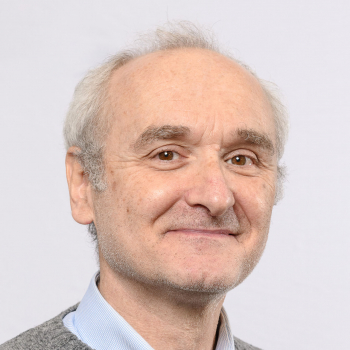Cell Growth Control by Nutrients
In the realm of metazoans, cell number, size, and metabolic balance are orchestrated by the availability of nutrients and growth factors. Our mission is to unravel the intricate programs governing these responses and the mechanisms by which they are coordinated through signal transduction. We focus on two key nutrient signal pathways: mTOR and the Vps15/Vps34 complex, known to regulate growth and metabolic responses to nutritional cues in all eukaryotic cells.
Over fifteen years, our work has led to the generation and characterization of numerous mouse mutants in the mTOR and class III PI3K pathways. These mutants have provided valuable insights into cell size regulation, resistance to tumorigenesis, muscle-related disorders, caloric restriction benefits, and altered insulin responses.
Our research program is guided by a threefold mission :
1- Unravel Fundamental Processes - We aim to elucidate fundamental processes, such as the regulation of cell size and organismal longevity. Our goal is to pinpoint the molecular targets of mTORC1/S6 kinases, shedding light on how alterations in cell size and lifespan occur when signaling pathways are disrupted. Additionally, we will endeavor to identify circulating factors that influence cell growth and aging responses.
2- Explore Metabolic Adaptations - Our research will investigate metabolic adaptations in senescent cells and stem cell niches, examining how these adaptations are influenced by cell size and age.
3- Understand Human Diseases - We are committed to deepening our understanding of human diseases that stem from pathological changes in the activities of mTOR/PI3K pathways. Furthermore, we will explore the therapeutic potential of interventions on these pathways in diseases such as Tuberous Sclerosis Complex (TSC), overgrowth syndromes.






















